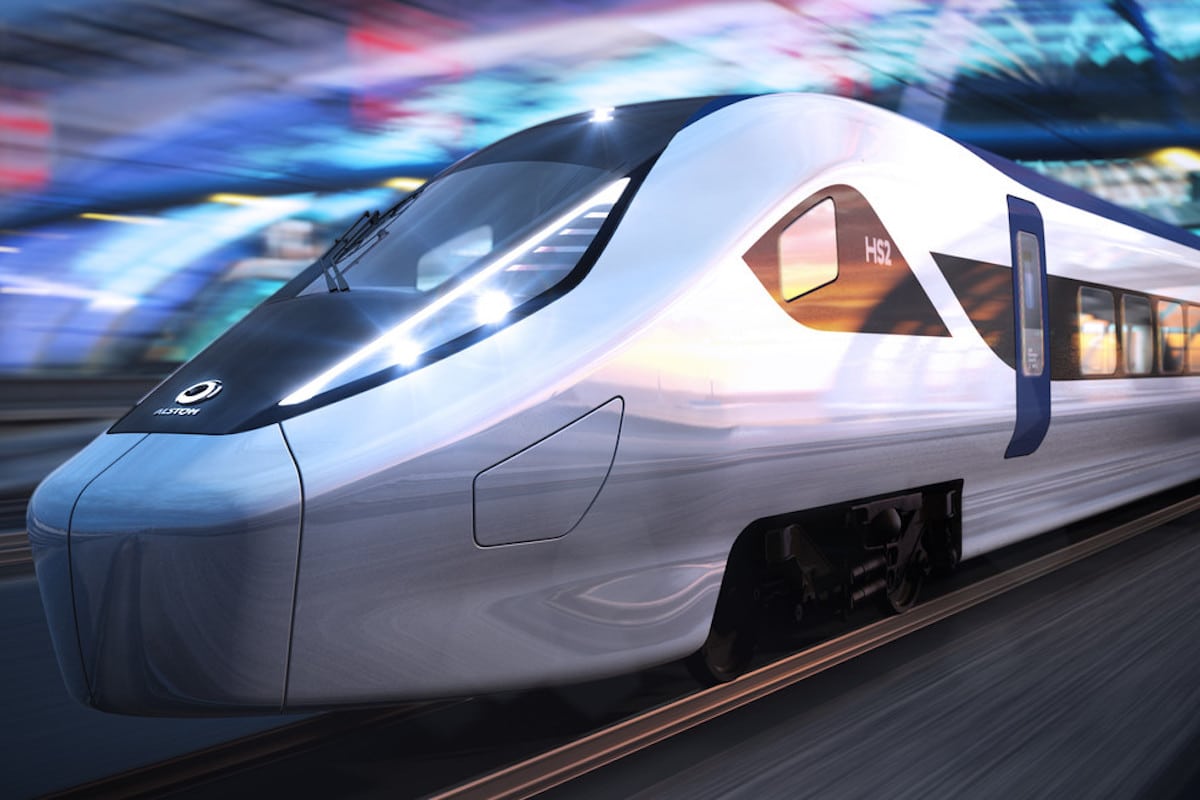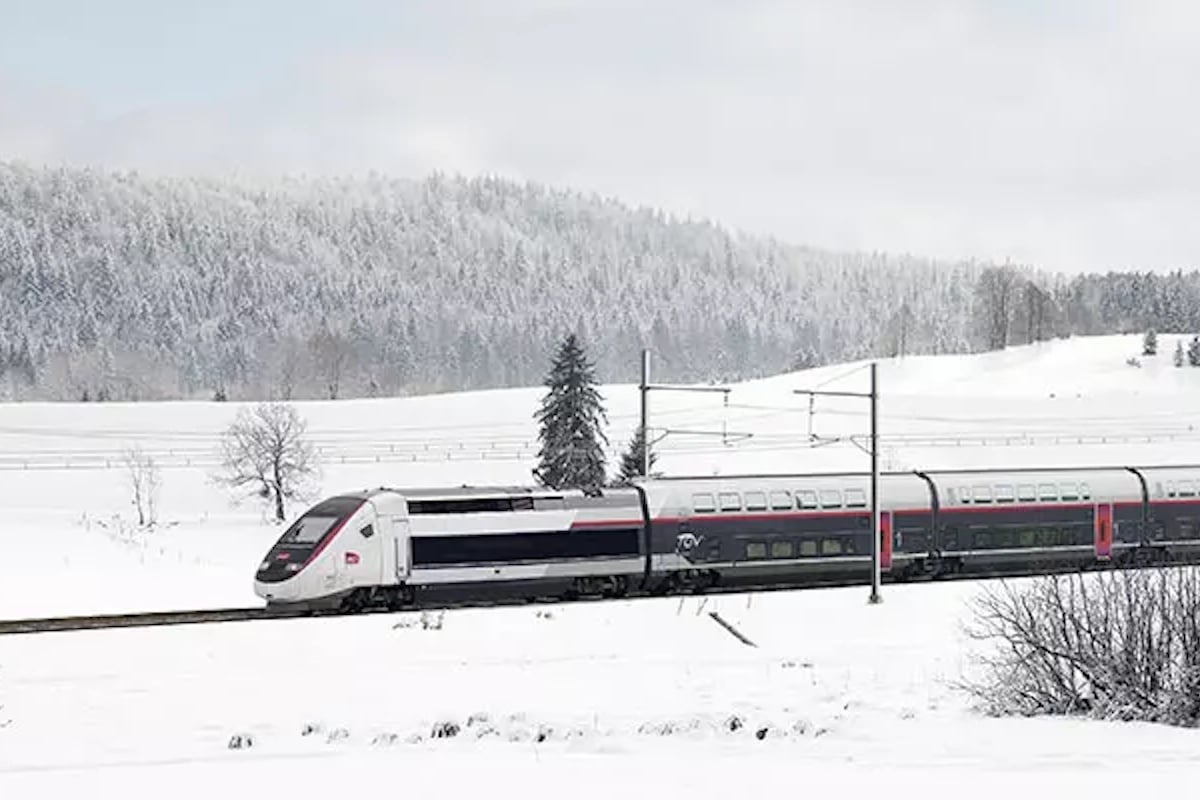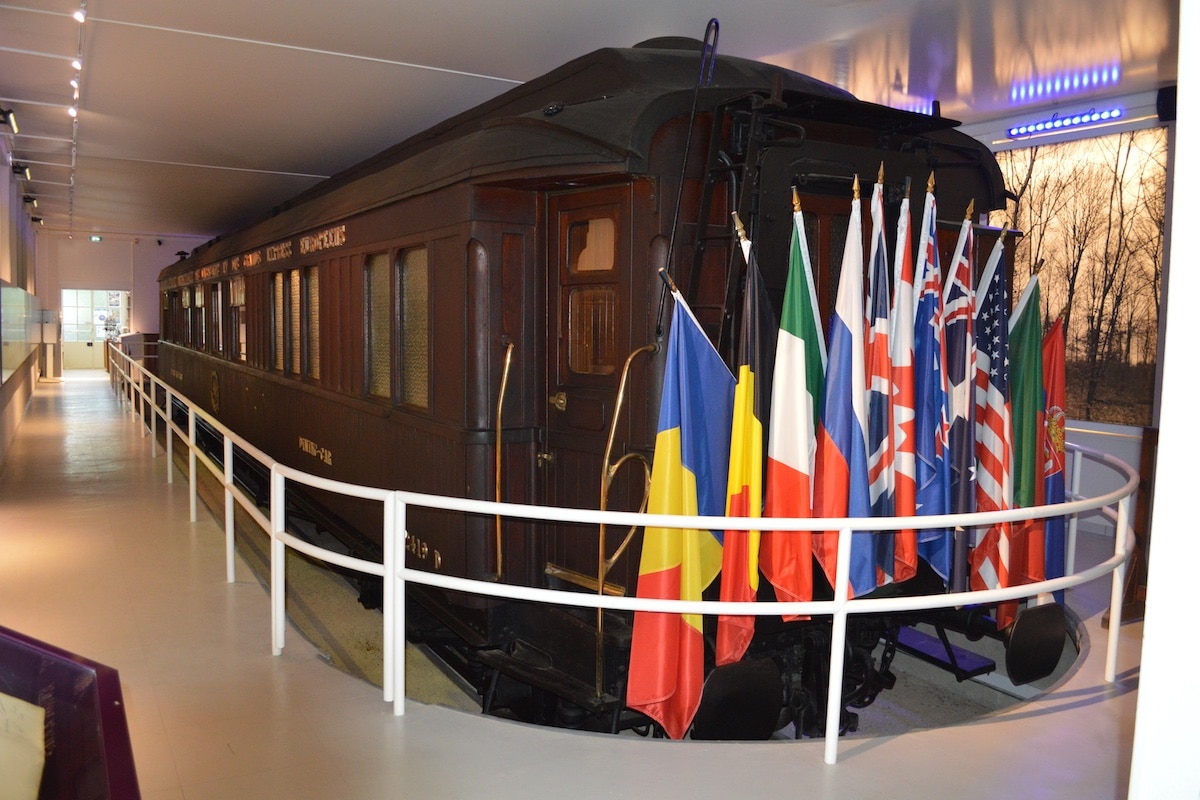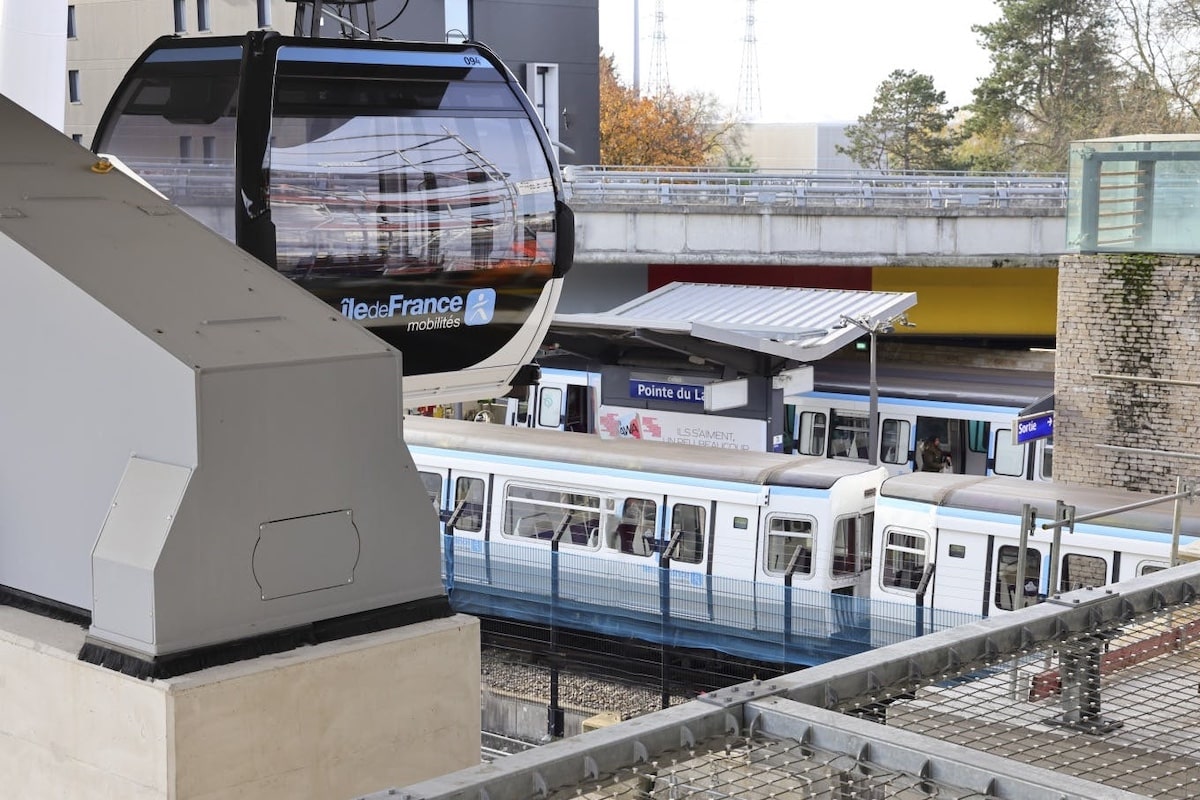The future California high-speed train will be French, hurray!

After Morocco, a group of French investors has been entrusted with the construction of a high-speed rail line in California.
Good news for the new private shareholders of Systra: the engineering group, which was formerly owned by SNCF and RATP, has just secured two major international contracts in the United States and Morocco as part of high-speed rail (HSR) projects. These announcements come as French investors Latour Capital and Fimalac have acquired a majority stake in the company.
In the United States, in partnership with the Spanish company Typsa, Systra has won an engineering contract for a key segment of the California high-speed rail project, connecting Merced to Bakersfield over 275 km. This project is a centerpiece of the California High-Speed Rail (CAHSR), an ambitious project aimed at linking San Francisco to Los Angeles via the Central Valley, with trains capable of reaching speeds of 350 km/h, making them the fastest trains on the American continent. Currently, about 192 km of tracks are under construction in the Central Valley, and extensions are planned eventually to the north (Sacramento) and south (San Diego).
Not so simple after all
Although this project is ambitious, it faces many challenges, including delays, cost overruns, and difficulties related to land acquisition. Initially estimated at around $33 billion, the total cost of the first phase has soared to over $106 billion. Systra, as a stakeholder in this project, is responsible for the design of the tracks and overhead wires. This contract adds to a previous one signed in November 2022 with Stantec, focused on carrying out detailed studies for the infrastructure of another section.
In Morocco, Systra has signed a project management assistance (PMA) contract in collaboration with the French companies Egis and Novec to extend the HSR between Tangier and Marrakech. This 430 km extension will allow trains to operate at 320 km/h, thus positioning the Moroccan rail network among the most modern in the world. The line is expected to be operational by 2029, ahead of the 2030 World Cup, of which Morocco will be one of the host countries.
These two contracts strengthen Systra’s momentum in the global HSR sector. Present in 80 countries, with a revenue of 1.1 billion euros in 2022, the company aims to double its revenues within six years while consolidating its position in the global market for HSR and metros.
ALSO READ: Morocco will equip itself with TGV by 2040
This page is translated from the original post "Le futur TGV californien sera français, cocorico !" in French.
We also suggestthese articles:
Also read







